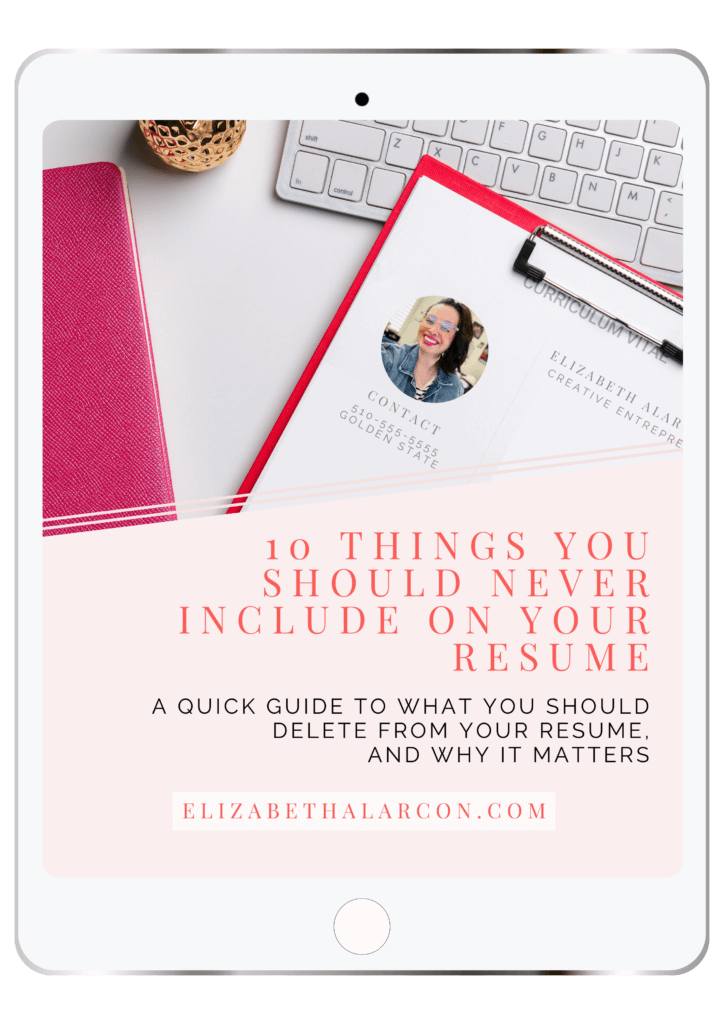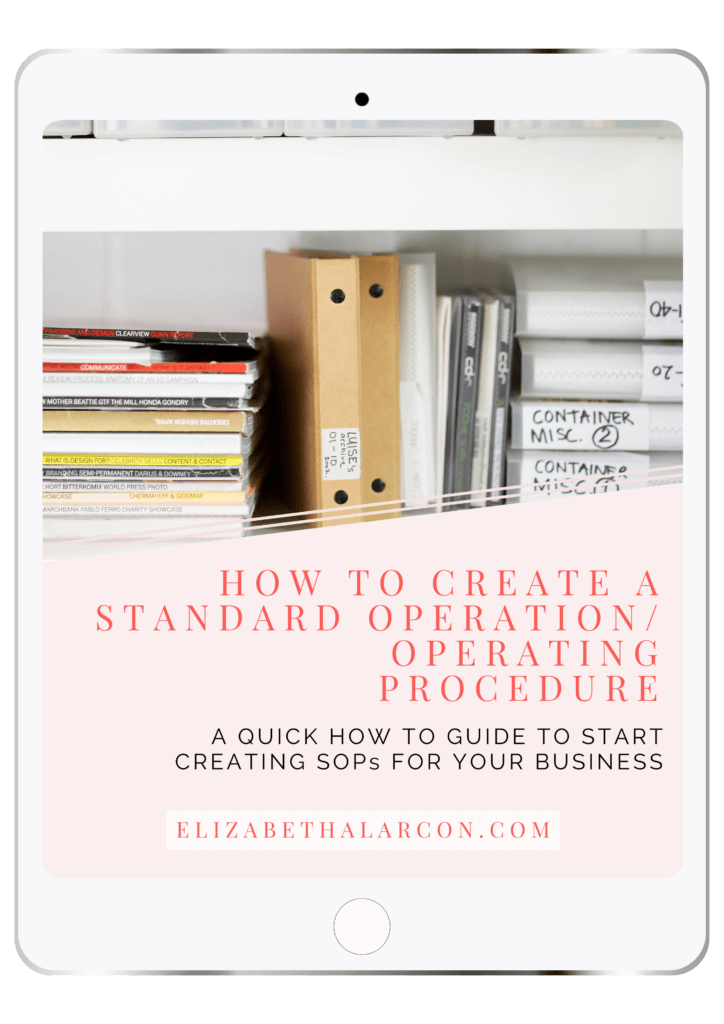The Instant Gratification Trap: Breaking Free to Navigate Career Change
The desire for instant gratification has seeped into every aspect of our lives, including our professional journeys. Whether you’re contemplating a career change or feeling stuck in your current role, the craving for immediate results can create a paralyzing effect, hindering your decision-making and fueling fears of failure. Fortunately, you have the power to break free from this cycle. In this article, I'll explain how the instant gratification trap affects individuals looking to change careers and provide actionable strategies that will rejuvenate your resolve and empower you to embrace the career transformation you deserve.
Starting a business or already a business owner? You're probably looking for this version. ⬇️⬇️⬇️

Understanding the Instant Gratification Dilemma in Career Transitions
The reluctance to change careers often stems from an overwhelming sense of fear—fear of the unknown, fear of making the wrong choice, and fear that the transition might not yield immediate returns. These fears are not just figments of your imagination; they are rooted in the very real pressures imposed by our fast-paced society. The allure of an ideal job can create a false narrative suggesting that happiness and fulfillment are just around the corner with the right decision. This can make the actual process of changing careers feel like a daunting and uncertain journey.
The pressure of social media further complicates things. We frequently see curated highlights of others’ success stories, amplified by their seemingly effortless transitions. This creates an environment where comparisons are inevitable and discouraging. You might find yourself questioning your timing or abilities when all you see is someone else’s perceived instant success. Moreover, the constant bombardment of “quick-fix” solutions in various industries can make it seem as though a career change should happen seamlessly and immediately, leading to feelings of inadequacy and indecision.
- Identify Your Fears: Write down the specific fears that are holding you back from changing careers. Acknowledging them can help you articulate and work through these concerns. Be honest with yourself.
- Seek Professional Help: Consider speaking with a career coach or therapist who specializes in career transitions. Their insights can provide clarity and assistance in moving forward. I've used Betterhelp.
- Limit Social Media Exposure: Designate specific times to check social media, or consider taking a break entirely while you navigate your transition, allowing you to focus on your journey without distractions. I post via third-party apps. I only respond if necessary through another third-party app. No doomscrolling for me.
- Engage with Diverse Voices: Follow industry experts and thought leaders in areas where you want to transition. Their experiences and insights can serve as inspiration instead of comparison.
- Practice Mindfulness: Adopt mindfulness techniques such as meditation or deep-breathing exercises to help manage anxiety related to your career change. This practice can ground you and improve your well-being.
I know you don't wanna hear this but: EVERYTHING TAKES TIME!
Cultivating Self-Compassion
To navigate the complexities of a career change, the first step is to cultivate self-compassion. Embrace the understanding that transitions are often intricate, and it's okay to take your time while you explore your options. Allow yourself to recognize that feeling uncertain or anxious is a natural part of this process. In doing so, you will create a nurturing foundation for your journey, freeing yourself from undue pressure and judgment.
To foster self-compassion, start a daily journaling practice where you document not just your fears but also your hopes and aspirations. Spend a few moments each day reflecting on your thoughts surrounding your career. Celebrate your strengths and acknowledge any feelings of anxiety. Additionally, create a list of affirmations that resonate with you, reinforcing your value beyond just an immediate accomplishment. Reading these affirmations regularly can help shift your mindset from self-doubt to possibility and growth.
- Daily Journaling: Dedicate five minutes each day to write about your experiences, focusing on your self-reflections and insights regarding your career journey. This way it doesn't live in our head causing you to overthink. Daily brain dumps are absolutely necessary.
- Create an Affirmation Board: Design an inspiration board with affirmations, quotes, and images that uplift you and represent your career aspirations. Sounds corny, but it does help.
- Celebrate Small Wins: Make a habit of recognizing and celebrating even the smallest milestones in your career journey, whether finishing a course or having a fruitful networking conversation.
- Join a Support Group: Find or create a support group focused on career transitions, where members can share struggles, successes, and encouragement.
- Practice Self-Care: Engage in regular self-care activities that nourish your body and mind, such as exercise, healthy cooking, or pursuing hobbies you love. Say it with me, “I am not my work/career.”
Focus on Skills and Interests
Once you embrace self-compassion, it’s essential to redirect your focus toward developing the skills and interests that bring you joy. Instead of drowning in thoughts about the result, immerse yourself in the process of exploration. Discovering what you truly enjoy and what you're good at can open doors that you never even considered.
Start by identifying and listing transferable skills that you've gained in your current role—these could range from communication and project management to problem-solving and creativity. Look for ways these skills can be valuable in potential new careers. Engage in hobbies or interests outside your work environment that bring you excitement. By doing this, not only do you create a robust toolkit of skills, but you also discover passions that may translate into new career opportunities.
- Conduct a Skills Assessment: Use online tools or self-assessment questionnaires to figure out your strengths and weaknesses, then align them with potential career paths.
- Volunteer or Intern: Explore volunteering opportunities in fields you’re interested in. Gain real-world experience while contributing to your community, which can also expand your network.
- Enroll in Workshops: Sign up for workshops that allow you to develop new skills or rejuvenate old ones. These could be workshops for creative writing, digital marketing, coding, or public speaking.
- Create a Passion Project: Start a side project that aligns with your interests—whether it’s a blog, a YouTube channel, or a small business idea. This allows you to explore your passions without the pressure of immediate results. Plus, this is a way to build up your portfolio.
- Network Through Hobbies: Join clubs or groups where you can meet like-minded individuals who share similar interests. This can provide both enjoyment and networking opportunities within your desired field.

Break Down the Process into Manageable Steps
When contemplating a career change, the big picture can often feel intimidating. To overcome this hurdle, break the journey into smaller, manageable steps. Focusing on achievable micro-goals can create momentum and build confidence as you progress toward your longer-term objectives.
Start by creating a career change action plan that outlines the specific steps you need to take. This plan might include researching potential industries, attending workshops or conferences, networking, or enrolling in courses relevant to your desired job. Assign realistic timeframes to each step, allowing flexibility as you go forward. Remember, these incremental steps are your stepping stones to success. Prioritize networking by scheduling regular informational interviews with professionals in your areas of interest. Not only will this expand your knowledge, but it will also make you feel more connected to your new career path.
- Develop a Career Change Timeline: Create a timeline for your career transition, mapping out short-term and long-term goals and identifying key milestones along the way. At best, you need to know where you are, where you want to go, and more importantly how to get there.
- Set SMART Goals: Use the SMART criteria (Specific, Measurable, Achievable, Relevant, Time-bound) to set clear and actionable goals that can guide your journey.
- Join Online Courses: Identify and enroll in relevant online courses that deepen your knowledge and skills related to the career you want to pursue. Before you enroll though, look at your career change timeline and see how it fits into that.
- Attend Industry Events: Schedule to attend at least one networking or industry-related event each month. This will keep you engaged and informed about current trends and opportunities.
- Conduct Regular Check-Ins: Set a monthly reminder to assess your progress. Review what you've accomplished, update your action plan, and adjust your goals as needed.
Establish a Support System
Embarking on a career change is a significant endeavor, and having a solid support system can make a world of difference. Surrounding yourself with positive influences can provide encouragement, accountability, and diverse perspectives that bolster your confidence during this period of uncertainty.
Start by seeking out professional communities—online or in-person—that align with your career interests. Engaging in discussions with others who may have already navigated similar transitions can provide valuable insights and lessen feelings of isolation. Additionally, finding a mentor within your target industry can be instrumental in guiding you through the transition. Their experience and wisdom can serve as a source of inspiration, making your journey feel less daunting.
- Identify Potential Mentors: List individuals you admire in your desired field and reach out to them with a sincere request for mentorship or guidance.
- Engage on Social Media: Participate in industry-related groups or forums on platforms like LinkedIn or Facebook. Share your experiences, ask questions, and support others.
- Set Up Accountability Partners: Partner with a peer who is also looking to make a change. Regularly check in on each other’s progress and provide moral support.
- Attend Local Networking Meetups: Research and attend local networking groups or career fairs in your area. Building connections face-to-face can create lasting relationships.
- Create a “Cheer Squad”: Gather friends and family who support your aspirations. Regularly update them on your progress, and lean on them when you need encouragement. I've done this in the past by sharing a monthly email with friends.

Embrace a Learning Mindset
Adopting a learning mindset can be your greatest ally when facing the challenges of a career transition. Each experience you encounter—whether a success or a setback—contributes to your growth and understanding. By valuing the process over immediate results, you’ll find that the path becomes clearer and less fraught with anxiety.
To foster a learning mindset, commit to continuous education. Set a goal to dive into one new topic or skill each month, whether through online courses, podcasts, webinars, or books. This habit not only builds your knowledge base but also enriches your perspective on different career opportunities. Additionally, celebrate your progress—no matter how small. Each milestone is a testament to your dedication and resilience.
- Set Monthly Learning Goals: Take the initiative to create a monthly learning plan where you choose a specific area of focus. This could be personal development, industry knowledge, or technical skills.
- Compile an Educational Resource List: Curate a list of resources—books, online courses, and podcasts—relevant to your career change, and aim to explore at least one each week.
- Start a Learning Journal: Keep a journal dedicated to insights you gain from your learning experiences. Record what you’ve learned, how it applies to your goals, and any new ideas that arise.
- Attend Webinars: Register for webinars and virtual workshops to stay updated on industry trends and network with other participants.
- Share Your Knowledge: Teach or share what you learn with others—whether through a blog, social media, or community groups. This practice will reinforce your learning and build confidence.
What was the last book you read relevant to your career change? If you had to think about it, it's been too long.

Conclusion
Breaking free from the instant gratification trap is essential for anyone contemplating a career change. By embracing mindfulness, focusing on skills and interests, breaking the process into manageable steps, cultivating a supportive network, and maintaining a learning perspective, you can awaken your sense of purpose and open doors to new possibilities. Remember, meaningful change takes time, but the rewards of a fulfilling career await those willing to embark on this transformative journey. Embrace each step with enthusiasm, and allow yourself the grace to explore your passions and capabilities. You have the power to reclaim your career path and create a future filled with opportunity and joy. Trust the process, stay committed to your growth, and get ready to flourish in your next chapter.
THIS SITE USES AFFILIATE LINKS. THERE’S NO EXTRA COST TO YOU, BUT I RECEIVE A SMALL COMMISSION WHEN YOU USE THEM.
PIN ME!












💁🏻♀️ Community Guidelines
To ensure a positive and respectful environment for everyone, please take a moment to review our Community Guidelines. Following these guidelines helps us maintain a safe space for all.